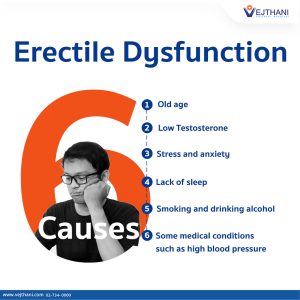Employers are reevaluating their retirement benefits and recognizing the value of retaining older workers who bring experience, wisdom, and mentorship to the workforce. In conclusion, reimagining retirement is about recognizing that retirement is no longer a static phase of life. It is a dynamic and evolving journey that requires adaptability and flexibility. By embracing the changing wants and needs of retirees, we can create a future where retirement is a fulfilling and purpose-driven chapter of life, enabling individuals to live their best lives well into their golden years.Behind the Tears: Understanding the Causes and Effects of Dry Eye Syndrome Dry eye syndrome is a common condition that affects millions of people worldwide. Characterized by insufficient tear production or poor tear quality, it can lead to discomfort, irritation, and even vision problems.
While tears are often associated with emotions, the underlying causes and effects of dry eye syndrome go beyond a simple emotional response. Several factors can contribute to the development of dry eye syndrome. One primary cause is a decrease in tear production, which can be visit this page due to age, hormonal changes, certain medications, or medical conditions such as diabetes, rheumatoid arthritis, or thyroid disorders. Environmental factors like dry air, smoke, wind, or prolonged screen time can also contribute to dry eyes by increasing tear evaporation. The effects of dry eye syndrome can significantly impact a person’s quality of life. Common symptoms include redness, itching, a gritty sensation, and a burning or stinging feeling in the eyes. Blurred vision, sensitivity to light, and difficulty wearing contact lenses may also occur. These symptoms can lead to fatigue, decreased productivity, and an overall decline in well-being. Left untreated, dry eye syndrome can have long-term consequences.
The constant irritation and inflammation can damage the surface of the eye, increasing the risk of corneal abrasions or infections. In severe cases, it can even affect vision, causing blurred or fluctuating eyesight. Furthermore, the discomfort associated with dry eyes can lead to a decreased tolerance for reading, driving, or engaging in other daily activities. Managing dry eye syndrome involves a multi-faceted approach. Over-the-counter artificial tears can provide temporary relief by supplementing natural tears. Lifestyle modifications like taking breaks during screen time, using a humidifier, or avoiding smoke can also help alleviate symptoms. For more severe cases, prescription medications or procedures may be necessary to increase tear production or reduce tear evaporation. Prevention is also key to managing dry eye syndrome. Practicing good eye hygiene, such as avoiding rubbing the eyes, staying hydrated, and maintaining a healthy diet rich in omega-3 fatty acids, can contribute to eye health.






